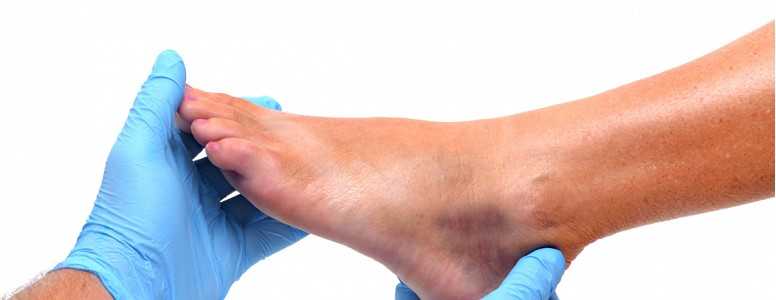A new drug has been shown to increase insulin secretion and beta cell numbers, helping to slow the progression of type 1 diabetes in mice.
Researchers from the University of Seville say the BL001 drug has had a positive impact when trialled on mice and human islets.
The drug targets a protein called LRH-1, found in pancreatic cells, which is known to protect insulin-producing beta cells and reduce inflammation.
In this new trial on mice given type 1 diabetes-like effects, the drug reduced the autoimmune attack and boosted the number of protective immune cells known as Tregs within the mice.
In a separate trial on adults with type 2 diabetes, BL001 also prevented the number of beta cells from reducing, with researchers speculating this may be due to alpha cells in the pancreas turning into beta cells.
The researchers say the findings could help them develop a new type of regenerative treatment that could prevent or even cure type 1 diabetes.
“The inhibitory effect of the drug on the immune system, its tolerogenic action and its effects on beta cells survival and regeneration combine to account for the beneficial effects observed in rodent models,” said the researchers.
“The finding that the drug also decreases beta cell [death] in islets from patients with T2DM, and improves their insulin secretion as well as improves beta cell survival … opens the exciting perspective that it could be of value also in the human clinic.”
The aim now is to continue with the research, which has been partially funded by the type 1 diabetes charity JDRF. Further exploration is needed to see if the drug works successfully in humans who have type 1 diabetes.
The findings appear online in the journal Nature.
What's new on the forum? ⭐️
Get our free newsletters
Stay up to date with the latest news, research and breakthroughs.






